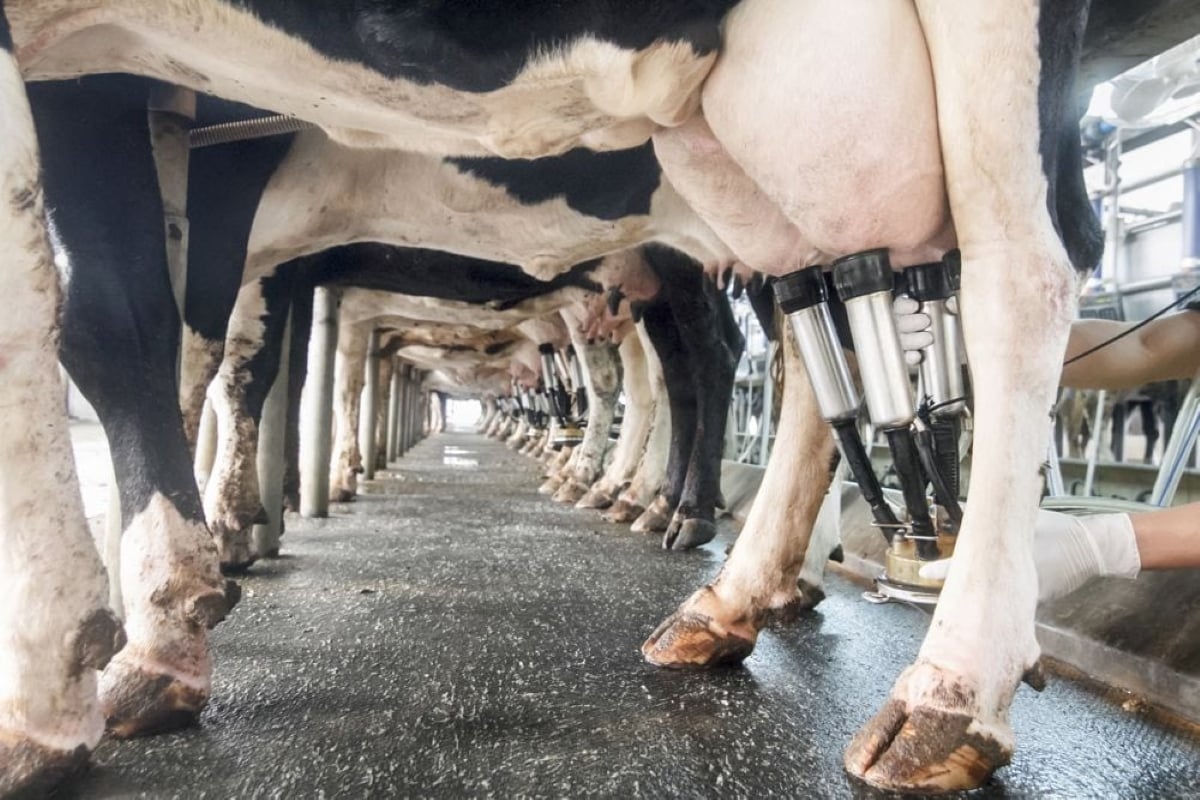Clubroot is officially present in Manitoba, the provincial government confirmed today.
In a press release reminding growers to follow best management practices, Manitoba Agriculture announced that clubroot DNA appeared in soil samples taken from six separate fields in 2012.
“Further tests done under ideal greenhouse conditions indicate that two of the six soil samples produced weak clubroot gall symptoms on highly susceptible plants,” the release noted. “These test results are considered positive cases of clubroot, with viable spores able to produce disease.”
Manitoba Agriculture didn’t release locations of the positive tests.
Read Also

Farm gate milk price to rise in 2026
The Canadian Dairy Commission will raise its farm gate milk price by 2.3255 per cent in February, the Crown corporation announced on Friday.
Last April the province announced that soil samples taken in August of 2011 tested positive for low levels of clubroot DNA.
“We’re specifically saying that Manitoba is still clubroot-free because we haven’t had symptoms on plants. In this field there no symptoms observed on the plants,” said Holly Derksen, Manitoba Agriculture plant pathologist, in April 2012.
Based on the 2012 canola disease survey, clubroot symptoms didn’t appear on canola plants last year. Nonetheless, since spores capable of causing clubroot exist in Manitoba fields, provincial specialists will closely monitor the sites in 2013.
As well, Manitoba Agriculture is encouraging canola growers to adopt appropriate practices to prevent clubroot spread, including proper crop rotation and proper weed management.














